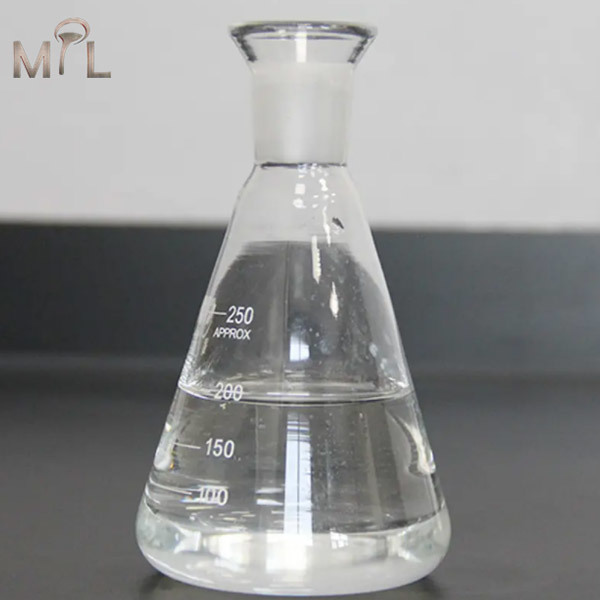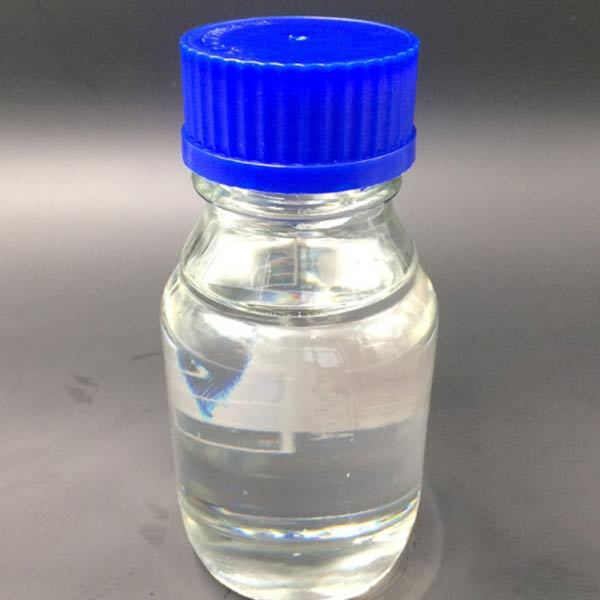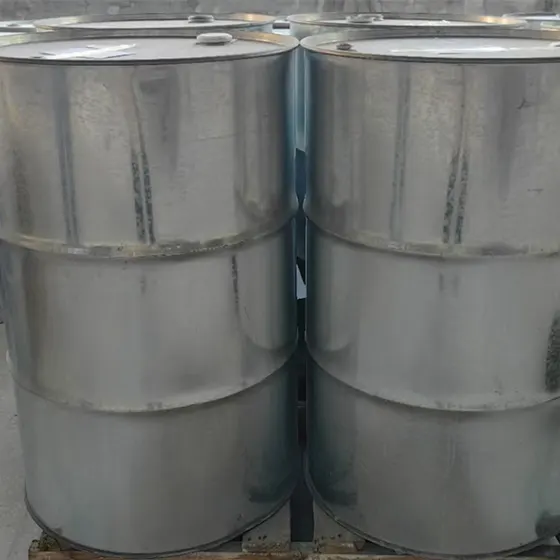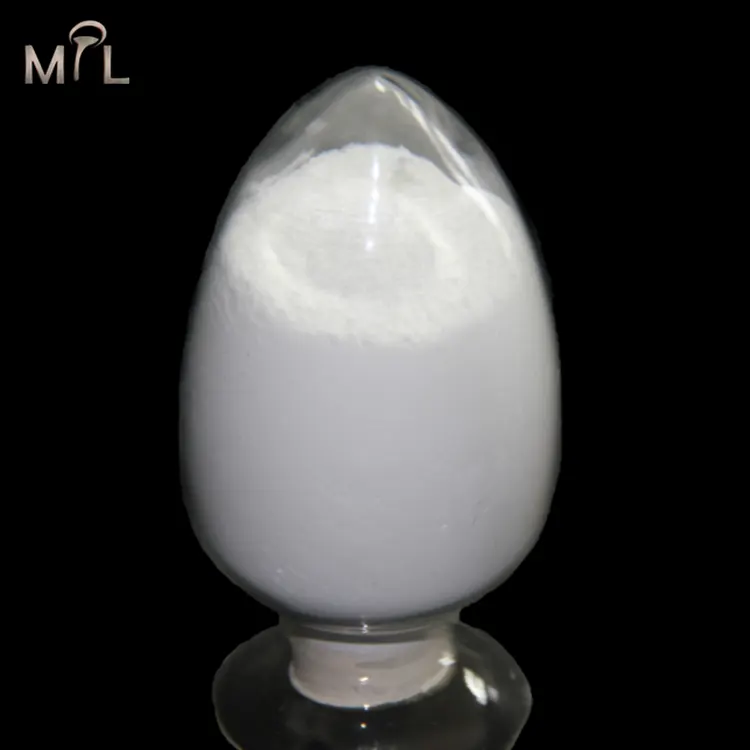
EDTA, or ethylenediaminetetraacetic acid, is a widely used chelating agent in various industries such as pharmaceuticals, food, and cosmetics.
Release time:
2024-08-26 15:37
EDTA, or ethylenediaminetetraacetic acid, is a widely used chelating agent in various industries such as pharmaceuticals, food, and cosmetics. It is a synthetic organic compound that forms stable complexes with metal ions, making it an effective sequestrant and chelator.
One of the primary uses of EDTA is in the pharmaceutical industry, where it is used as a preservative in various medications and drugs. EDTA helps to prevent the degradation of active ingredients by chelating metal ions that can catalyze oxidation reactions. This helps to extend the shelf life of pharmaceutical products and maintain their potency.
In the food industry, EDTA is used as a food additive to prevent discoloration and maintain the texture of processed foods. It is often added to canned fruits and vegetables, salad dressings, and canned meats to improve their appearance and taste. EDTA also helps to prevent the formation of harmful contaminants, such as trace metals and free radicals, in food products.
In the cosmetics industry, EDTA is used in skincare products and hair care products as a chelating agent to improve the stability and efficacy of active ingredients. It helps to prevent the degradation of antioxidants and other beneficial compounds in cosmetic formulations, ensuring that they remain effective over time.
EDTA is also used in analytical chemistry as a complexing agent to mask interfering metal ions in chemical analysis. It helps to improve the accuracy and precision of analytical measurements by preventing the interference of unwanted metal ions in the sample matrix.
Despite its many benefits, EDTA has raised concerns about its potential environmental impact. Due to its widespread use in various industries, EDTA has been detected in wastewater and environmental samples, raising questions about its persistence and potential toxicity to aquatic organisms. Efforts are being made to develop more sustainable alternatives to EDTA and reduce its environmental footprint.
In conclusion, EDTA is a versatile chelating agent with a wide range of applications in various industries. Its ability to form stable complexes with metal ions makes it a valuable ingredient in pharmaceuticals, food, cosmetics, and analytical chemistry. However, efforts are needed to address the environmental concerns associated with EDTA and develop more environmentally friendly alternatives.
Latest developments







